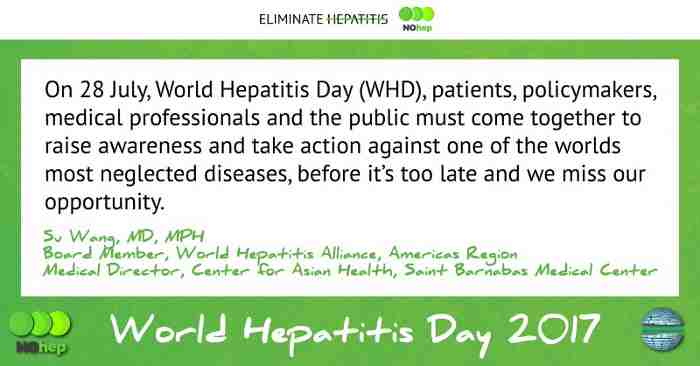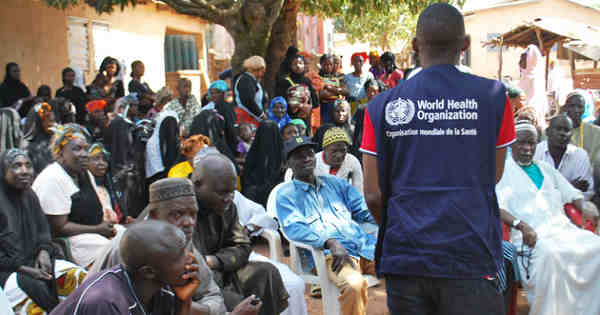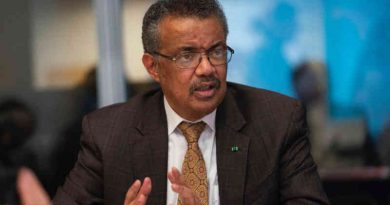Efforts to Eliminate Hepatitis Gain Momentum: WHO

New WHO data from 28 countries – representing approximately 70% of the global hepatitis burden – indicate that efforts to eliminate hepatitis are gaining momentum.
Published to coincide with World Hepatitis Day (July 28), the data reveals that nearly all 28 countries have established high-level national hepatitis elimination committees (with plans and targets in place) and more than half have allocated dedicated funding for hepatitis responses.
On World Hepatitis Day, WHO is calling on countries to continue to translate their commitments into increased services to eliminate hepatitis.
This week, WHO has also added a new generic treatment to its list of WHO-prequalified hepatitis C medicines to increase access to therapy, and is promoting prevention through injection safety: a key factor in reducing hepatitis B and C transmission.
[ RMN Foundation: Equal Opportunity for All to Live and Progress ]
With high morbidity and mortality globally, there is great interest also in the development of new therapies for chronic hepatitis B virus infection.
The most effective current hepatitis B treatment, tenofovir, (which is not curative and which in most cases needs to be taken for life), is available for as low as $48 per year in many low and middle income countries. There is also an urgent need to scale up access to hepatitis B testing.
World Hepatitis Summit 2017, 1–3 November in São Paulo, Brazil, promises to be the largest global event to advance the viral hepatitis agenda, bringing together key players to accelerate the global response.
Organised jointly by WHO, the World Hepatitis Alliance (WHA) and the Government of Brazil, the theme of the Summit is “Implementing the Global health sector strategy on viral hepatitis: towards the elimination of hepatitis as a public health threat”.






